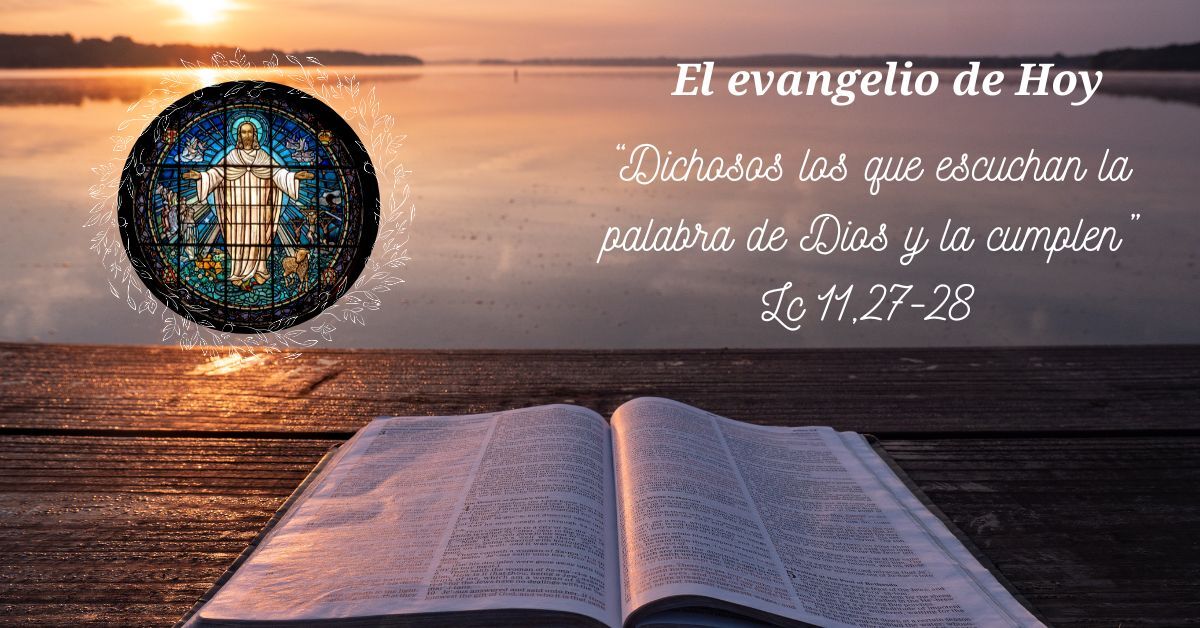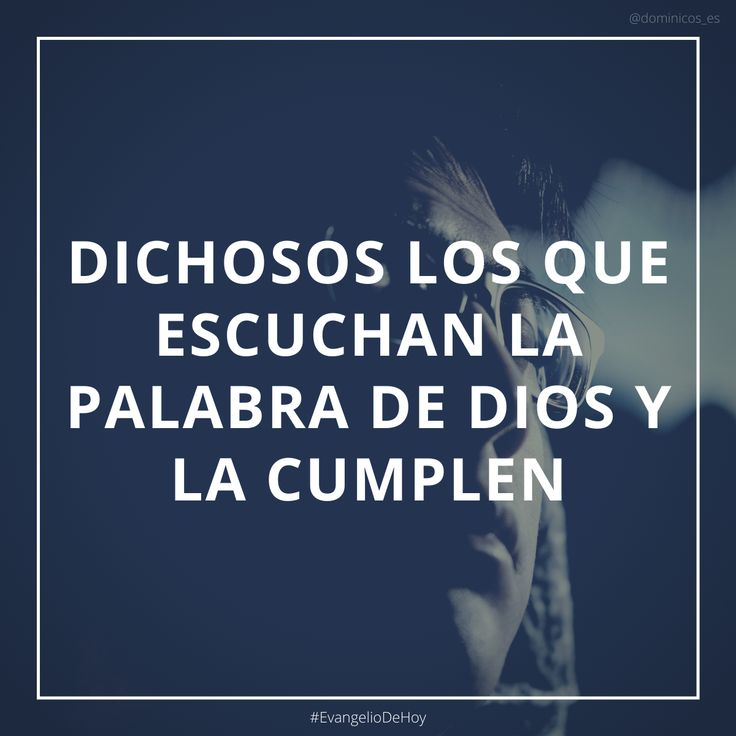Today's Gospel Reflection

"The Lord protects his people."
Those who know say that Joel means "Yahweh is God". His prophecy, contained in the book that bears his name, has a force that seems to belong to God. It announces severe calamities for "the neighboring nations", while "The Lord protects his people, he helps the children of Israel": he dwells on the holy mountain of the Jews, in Zion, the fortress of Jerusalem. When calamities crush neighboring peoples, the Jews enjoy prosperity.
It is a catechesis that will seem simplistic to us, because calamities and prosperity are distributed among all peoples, and all are God's people. History should be the field of the progress of the truth about God and the human being; progress towards the union of all peoples, and overcome the idea that some are God's people, protected by Him and others "abandoned from God's hand". And our prayer and effort must be so that God protects all his children. Are we aware that every human being is a child of God?
"Rejoice, ye righteous, with the Lord."
This is the refrain of the psalm. It is a hymn to the God of the great theophanies, especially the God of the great theophany of Sinai. The Lord reigns and, with his presence, annihilates the false gods, while his people rejoice and the light of hope dawns for them. Israel with this psalm later sang of his return from Babylon: Before him - who led the procession of the returnees - the mountains melt like wax, while, seeing the procession of the pilgrims, those who worship statues blush.
With this psalm we sing of the reign of the risen Christ. He too now leads the long procession of those who walk towards the resurrection: before him fire advances, scorching around the enemies - death and sin - while all peoples contemplate the glory of the Risen One.
GOSPEL TEXT Lk 11:27-28
"Blessed are those who hear the word of God and do it."
We might have expected a word from Jesus expressing gratitude for the compliment given to him through his mother. Something that belongs today also to our way of expressing ourselves. But Jesus derives joy from the "womb that bore him" to those who hear the word of God and keep it".
St. Augustine, commenting on this episode, says that Mary was the first who heard the word of God and put it into practice. And thus, she is the mother of Jesus, before her biological maternity. And he points out that this motherhood, which arises from accepting the word of God and acting in accordance with it, is not only first, but more important than biological motherhood.
What Jesus does is to point out the basic virtue of his mother. To have listened to the word of God and to have adapted her life to it. Mary, then, is our model of being attentive to what God wants of us and putting it into practice.
Even if, as was her case, what is asked of us seems impossible. For God nothing is impossible. And God not only tells us what we are to do, but gives us the strength to put it into practice. We all have to keep our ears open to this divine Word and say "fiat", let it be done to me according to your will.
Do we dare to do so? Let us not forget that we will not succeed alone; with God's help, through the various mediations: prayer, sacraments, the people themselves... who stimulate us, yes.

